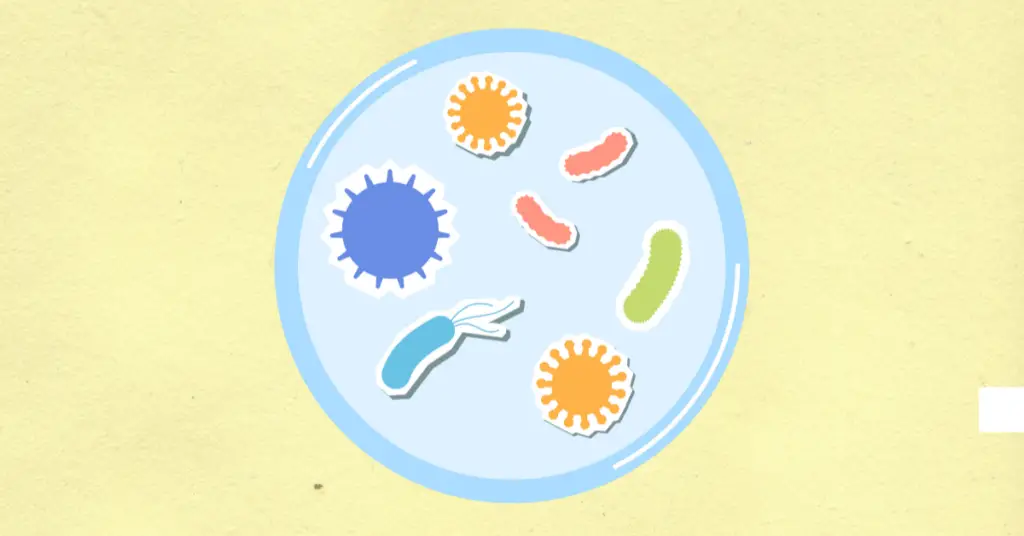Sometimes science seems like something that takes place in a laboratory away from everyday life. It may be, but the impact of ‘s scientific research is having a tremendous impact on your daily life, from the food you eat the energy that powers your home. Here are some of the ways that biology affects your life in a positive or negative way;
Staying Nourished
First, if plants didn’t make their own food, you wouldn’t have anything to eat, period. So the next time you sit down to a nice salad or a plate of steak, you can thank the process of photosynthesis.
What you may or may not know is that plants are not the only organisms that produce food, people do it too. They make foods like yogurt, cheese, bread, sausage, pickles, tempeh, and more, in part through fermenting bacteria and yeast.
Use of Microbial Enzymes
Microbes are not only used for food preparation; They also have a variety of industrial uses. Manufacturers add bacterial enzymes to detergents to break down grease stains and meat tenderizers on meat to help break down If you regularly drink a protein shake, chances are it contains amino acids.
As you can see, not all microbes are scary. Some of them really improve your life by making tasks easier and keeping you healthy.
Gene Design
Genetically modified organisms (GMOs), creatures whose genes have been altered by scientists to give them useful traits can be found in foods. For example, crops can be produced to be more resistant to parasites and animals can be treated with hormones to increase growth or milk production.
There are many debates around this controversial topic. Is it good or bad…
Fossil Fuels
The fossil fuels that power modern society are the remnants of tiny organism planktons whose remains became coal, natural gas, and oil. Of course, people now face a problem as the reserves of these fossil fuels are running out while the population increases as well as greenhouse gasses.
Causing and Treating Infectious Diseases
Every time you contract an infectious disease, such as a cold or a sore throat, your immune system springs into action, activating the cells needed to fight off the invasion and keep the infectious virus or bacteria from replicating itself any further. In addition, each time you take an antibiotic, you take a medicine prepared by an organism such as a fungus or a bacterium.
Your Life
Every minute of every day, your cells are working silently, digesting your food, sending signals that control your responses, carrying oxygen around your body, contracting so that you can move and all other bodily processes take place. If your cells were not functioning, your tissues, and organs would not work, and therefore you wouldn’t be alive without all those biological processes.
Clean Water Supply
The clean water you enjoy is thanks to wetlands. Wetlands are areas that are saturated with water most of the time. Acting like natural sponges, they hold water and slowly filter it around the plants that live there. As water slowly seeps through wetlands, plants and microorganisms have time to absorb human waste such as fertilizer and sewage, purifying the water and making it safer for humans and other animals.
All life on earth requires water—clean, fresh water—to be healthy, so wetlands are very important to your quality of life. Unfortunately, oil exploration and development in wetlands are a huge pressure and are making wetlands rapidly disappear.
Another way that living things help keep the water clean is through wastewater treatment. Bacteria break down organic matter in wastewater, which cleans the water before it is released back into the environment.
Hormonal balance
You meet someone you’re attracted to, the signals cause hormones to be released, and suddenly your conscious mind stops making all the decisions, you become literally blind and in love. Sounds familiar? Yeah that is biology too.
Faced with extinction
You might not think much about extinction, but it’s worth thinking about. Many species already extinct and many of them we never even discovered.
With urbanization, less land other species can enjoy. Each species needs specific conditions and resources to thrive and the number of people who live on Earth threatens to overwhelm many ecosystems. This is bad news for humans because we depend on ecosystem health for our survival.
For example, as humans develop coastal regions, we are drastically reducing the area of our estuaries, which are important breeding grounds for many species of fish and humans (Up to 80 percent of the commercially caught fish species spend part of their lives in estuaries). The fact that most of the nations situated at the coast are living below the poverty line and for many of them, the fish is the only meal they have in a day, the decline in fish is causing hunger.

Erzsebet Frey (Eli Frey) is an ecologist and online entrepreneur with a Master of Science in Ecology from the University of Belgrade. Originally from Serbia, she has lived in Sri Lanka since 2017. Eli has worked internationally in countries like Oman, Brazil, Germany, and Sri Lanka. In 2018, she expanded into SEO and blogging, completing courses from UC Davis and Edinburgh. Eli has founded multiple websites focused on biology, ecology, environmental science, sustainable and simple living, and outdoor activities. She enjoys creating nature and simple living videos on YouTube and participates in speleology, diving, and hiking.

